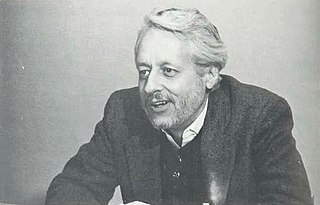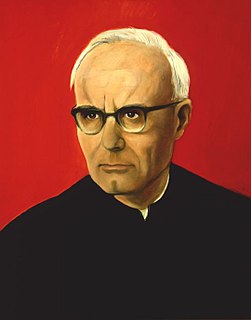A Quote by Terry McDonell
The mistake that people made around 2000 with the emergence of the web was that they thought that people would not read long-form on a screen. Following from that idea, they quit doing long-form on screens. It got shorter and shorter, and then came cats toying with flowers and all of those clichés, but it was wrong. People will read long-form on a device if they want to read long-form.
Related Quotes
You know, I think there was a point in time when people didn't really understand how birth certificates were kept in the state of Hawaii, and now, I think that it's been pretty much disclosed that they used to have a long form and now they don't have a long form. Arizona used to have a long form, we now have a short form.
In some ways, it's easier to go from short form to long form than vice versa. I used to make 30 second 'movies,' and I think if I only did long form I would find it difficult to adjust to that short a length. 'I gotta say something in 30 seconds. Forget about it!' There have been directors who have done commercials over the years, but they seem to be the exception.
Regarding some of the super powers that I reference, like walking on water, I haven't seen people do that, but once you get into the science, a lot of it starts to make a lot of sense, for example, like people being able to read your mind. It's very logical, because words are just a grosser form of thought, and thought is just a grosser form of feeling.
I think that when you're depressed, you can't concentrate long enough and well enough to read for the most part; some people can, but by and large people - that's one of the first things that goes, is the capacity to read meaningful literature. With grief, that's not true. For a while you can't read, but then you really are amenable to solace.




































